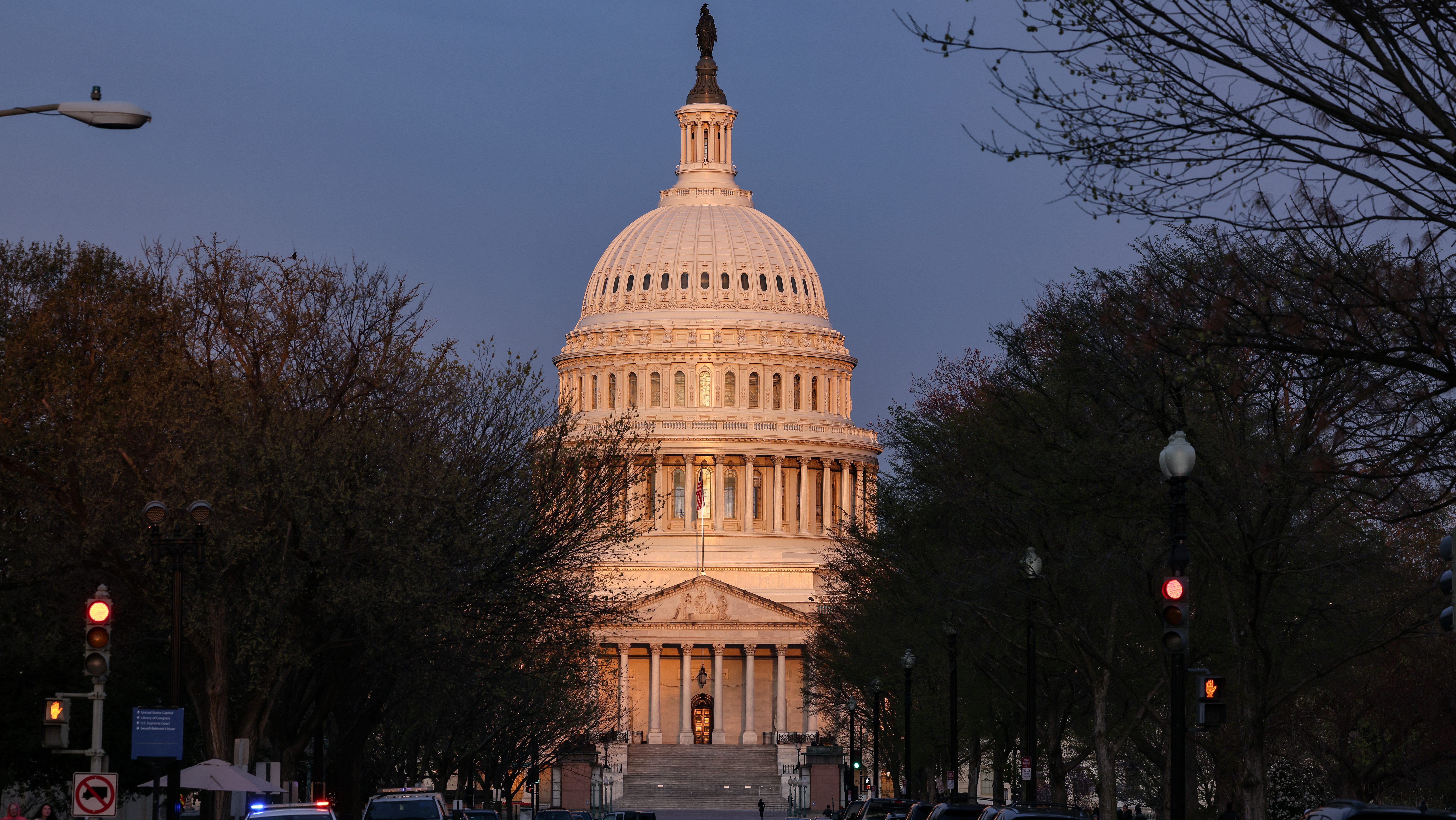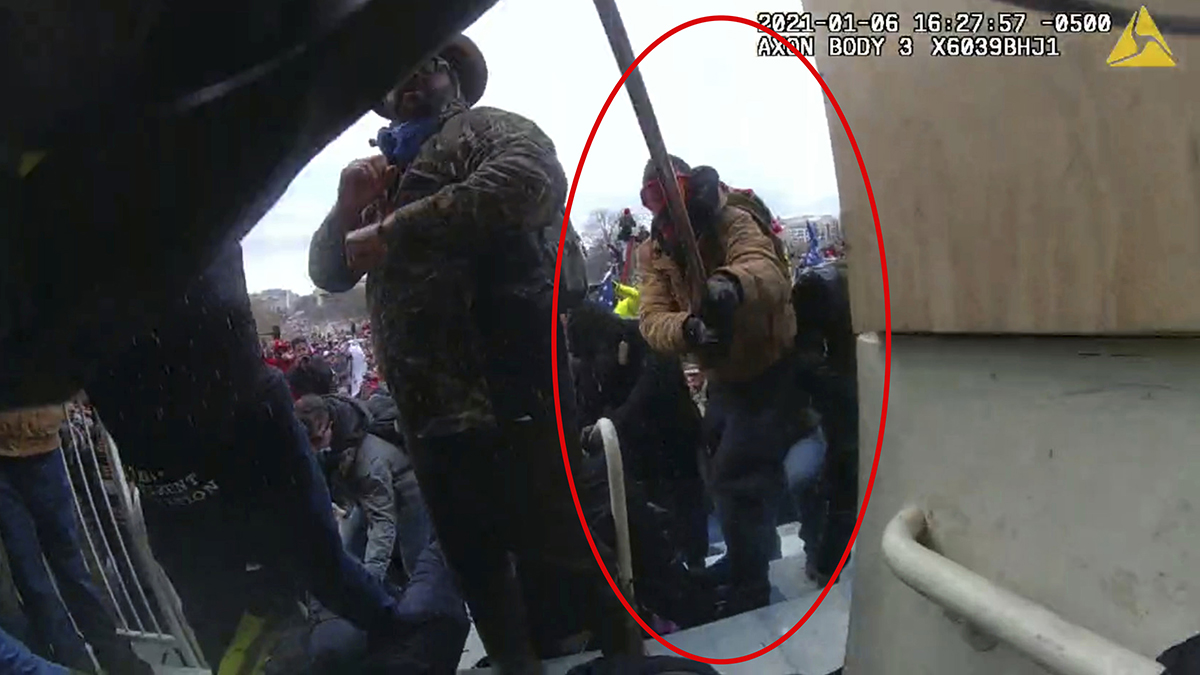With the retirement of Mayor Richard M. Daley, Chicago is about to experience something it hasn’t seen in a generation: Democracy.
There’s a lot of anxiety about how Chicago will run without a strongman in the mayor’s office. The business community talks fondly of how it enjoyed “one-stop shopping” in City Hall: if they could sell the mayor on a project, it was as good as approved. The “inter-Daley” period, which ran from 1976 to 1989, is remembered for its weak mayors and racial antagonism. Some Chicagoans, it seems, are afraid of letting that genie out of the bottle again.
But Chicago’s city charter provides for a strong council/weak mayor form of government. The mayor isn’t supposed to be able to act without the council’s approval. During Council Wars, the white-majority council used that power to block Mayor Harold Washington’s appointments.
When Martin Kennelly was mayor, from 1947 to 1955, “he was kind of in over his head on the job,” said historian James L. Merriner, author of Grafters and Goo-Goos, Corruption and Reform in Chicago, 1833-2003. “He would offer ordinances, and the council would debate and act on them. It was amazing.”
The man most likely to fill the power vacuum left by Daley’s disappearance is14th Ward Ald. Edward Burke, chairman of the Finance Committee, which approves all spending and taxation measures. Depending on who succeeds Daley, Burke could be the most powerful politician in Chicago next year.
“As long as Ed Burke is Finance Committee chairman, I don’t think we’ll see much change” in how the city is run, Merriner predicted. “The Irish politicians will still be in there. If a minority is elected mayor, he’ll run into that Finance Committee chair.”
Even if a minority wins, Merriner doesn’t expect a repeat of Council Wars.
Politics
“The overriding problem for the city government isn’t going to be ethnicity,” he said. “We’re broke. The city’s broke. The schools are broke. The city’s out of bullets. Any kind of tax program, and any kind of spending cuts, whoever is mayor, they’ll have to get Ed Burke to sign on.”
Burke is going to be more powerful, but that’s not a bad thing, unless you still hate Burke for his role as a ringleader of the “29” who thwarted Harold Washington. He’ll operate like a speaker of the house, forcing the executive branch to compromise.
Chicago will never again have a mayor as powerful as Daley, Merriner said. But even Daley isn’t as powerful as Daley used to be.
“Something like that parking meter deal, that’s unthinkable now,” Merriner said. “No mayor could ever do that. Not even Daley, if he stayed in.”



